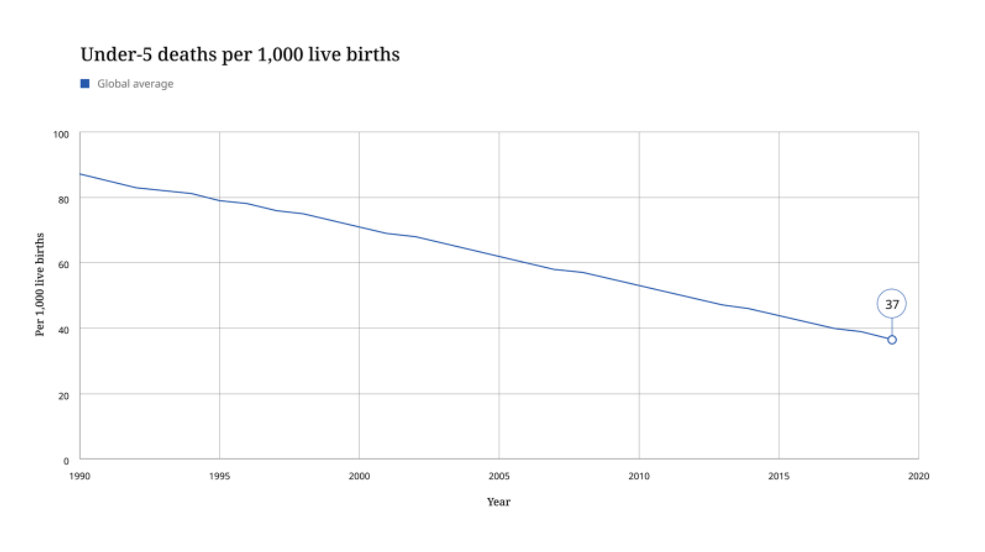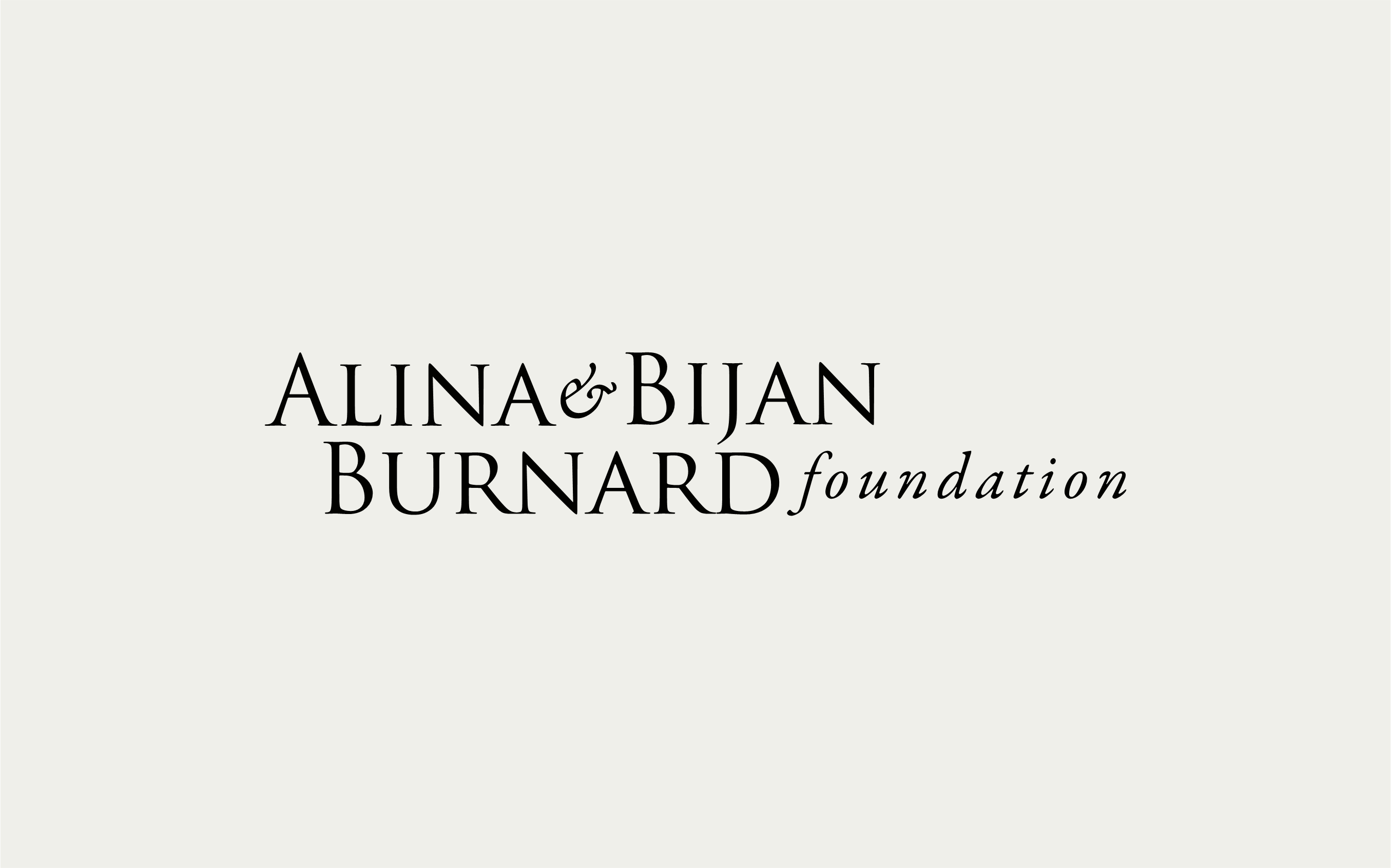From a young age, we witnessed our parents' involvement in our local communities and were taught that anything is possible through effort and determination.
Unfortunately, there are factors beyond anyone’s control that can make it difficult for some people to reach their full potential—such as the time and place they were born, their family background, or their gender.
Every day, we are driven by the goal of using our resources to build a world where everyone has the chance to live a healthy and productive life. Above all, we believe in the equal value of all lives. This belief is why we chose to donate our wealth from Microsoft to help others.
When we began, the challenge was figuring out how to make a meaningful and high-impact difference. We started with what we knew, donating PCs to public libraries across the United States to ensure everyone had access to technology. As we read and traveled more, our curiosity grew, and we became increasingly aware of inequalities beyond our borders.
One day, we came across a newspaper article about millions of children in impoverished countries dying from diseases like diarrhea and pneumonia—illnesses easily treated in wealthier nations. It was a revelation that deeply affected us, especially as new parents. We agreed that if there’s anything worse than the death of a child, it’s the preventable death of a child.
Those eight words changed the rest of our lives.
We began consulting experts, learning from local communities in the countries we aimed to support, and diving deeper into research on disease and poverty. We sought to understand how we could use our influence to raise awareness about global health issues and determine how our resources could start saving and transforming lives.
We also expanded our work in the United States from providing access to computers and the Internet to making sure that every student had an equal opportunity to learn, graduate, and succeed.
As our commitment to our work grew, we transferred $20 billion of Microsoft stock to our foundation, making it the largest of its kind in the world. We devoted more and more time to its work until we were both doing it full-time. And when our good friend Warren Buffett donated much of his fortune to our foundation, it allowed us to raise our ambitions about taking on the toughest, most important problems.
Since 2000, our foundation has invested $53.8 billion, and we believe this has helped our partners create meaningful impact. How can we be sure? We are dedicated to tracking progress to understand what’s working and what’s not. We’d like to share one chart that we find particularly encouraging.
This chart shows the number of children who die before their fifth birthday. Since the year 2000, that number has halved. Millions more children are surviving, and that gives us hope for the future.

Learn more

Partners of Human Potential
Timeline


